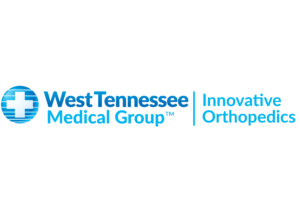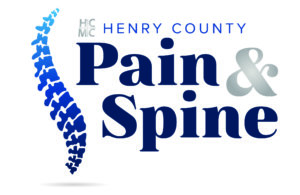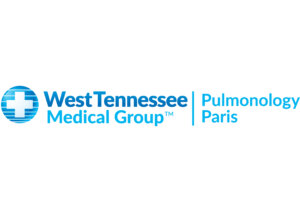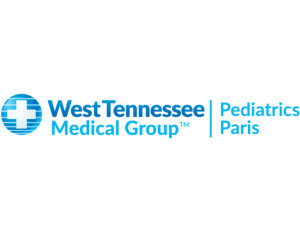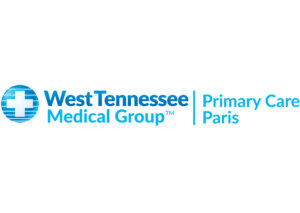
August is here and most parents have been assembling back to school items for their children. School supplies and new clothes are at the top of most parents’ lists, but don’t forget about childhood vaccinations as well. Vaccinations are one of the most important things we can do for our children’s long-term health. Vaccines not only safeguard children against common illnesses such as influenza, but will also protect them against possibilities of rarer, life-threatening illnesses.
Newborn babies are born with antibodies from their mothers, but this immunity goes away during the first year of life, making vaccinations greatly needed for protection. Long ago, children were exposed to diseases and their bodies were not strong enough to fight the diseases, sometimes leading to death from diseases that are now preventable such as whooping cough, measles, and polio. Vaccinations are to thank for making these diseases preventable.
Some parents are concerned about vaccinating their children and don’t want to see their babies receiving shots, but they have to look at the bigger picture of how many diseases they are preventing from a few shots here and there. Some also feel apprehensive about the safety factors associated with vaccinations. Vaccines are monitored for safety by the U.S. Food and Drug Administration (FDA) and they will weigh the benefits of the vaccine against its risk before recommending a vaccine. The side effects from vaccines are usually minor and can involve low fever, irritability, and redness and swelling at the injection site. Most of these symptoms go away in a few days. A serious side effect, such as an allergic reaction, is rare, and doctors and their staff are trained to treat a reaction such as this immediately. Most doctors’ offices require you to wait a minimum amount of time in the office after receiving a vaccination before you can leave.
Tennessee schools have several vaccinations that are required before enrolling in Kindergarten. These vaccinations include:
- Hepatitis B (HBV)
- Diptheria-Tetanus-Pertussis (DTaP)
- Poliomyelitis (IPV or OPV)- final dose on or after the 4th birthday
- Measles, Mumps, Rubella- 2 doses each, usually given together as MMR
- Varicella- 2 doses or credible history of the disease
- Hepatitis A- total of 2 doses, spaced at least 6-18 months apart
Additionally, Tennessee children entering 7th grade must receive the following vaccinations:
- Tetanus-diptheria-pertussis booster (Tdap)- evidence of one Tdap dose given any time before 7th grade entry is required regardless of TD history
- Varicella- 2 doses or credible history of disease
Optional vaccinations are also recommended by the Centers for Disease Control (CDC) for school age children. These vaccines include Human Papillomavirus (HPV), Flu, meningococcal, pneumococcal and COVID-19. These vaccines can be administered at your provider’s office, the health department or at some local pharmacies. Talk to your child’s healthcare provider about what vaccines are recommended at your child’s age.
Remember- as parents, it’s important not only to get your children vaccinated, but also to help your children understand the importance of receiving them and why they have to have them. Understanding can go a long way, especially for older children. We all want our children to be well so they can flourish and enjoy life. To see the recommended full vaccination schedule, visit www.cdc.gov or www.tn.gov.
Paris Pediatrics offers childhood vaccinations and knowledgeable staff are available to answer your vaccine questions. You can reach them at 731-644-2747.
